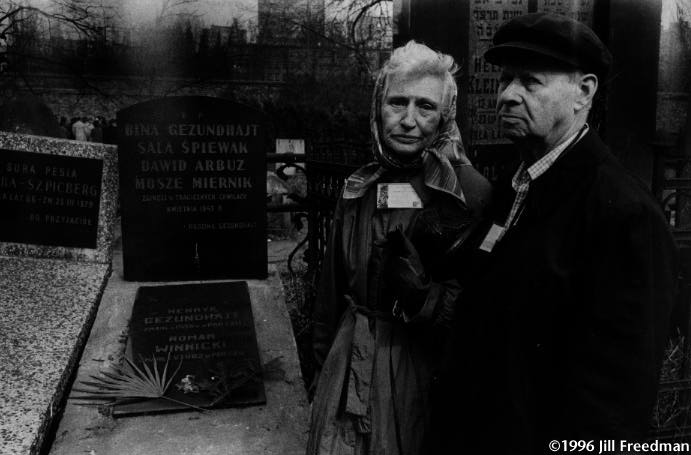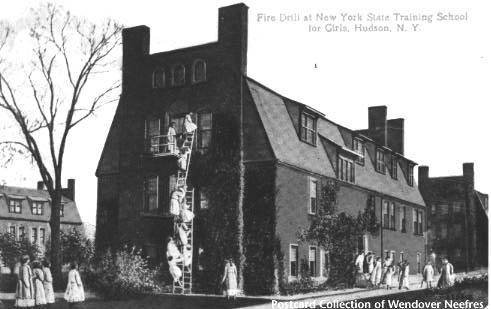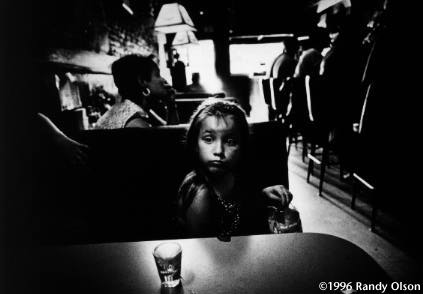Survivors
Text and photos by Jill Freedman In the Lublin region of Poland, on November 2, 1943, an operation, given the code name “Harvest Festival” by the Germans, was begun. Its object was the murder of those survivors of the Warsaw ghetto uprising who had been held since April in labor camps at Poniatowa, Trawniki and […]



